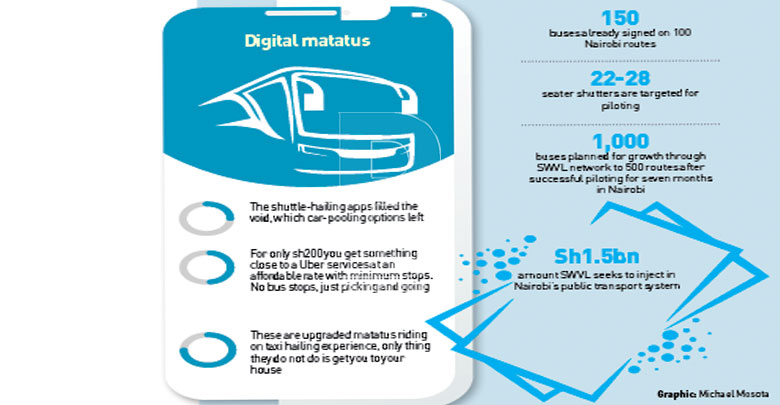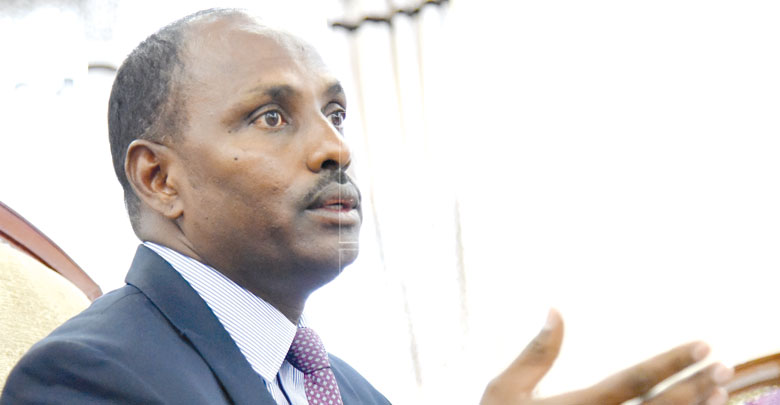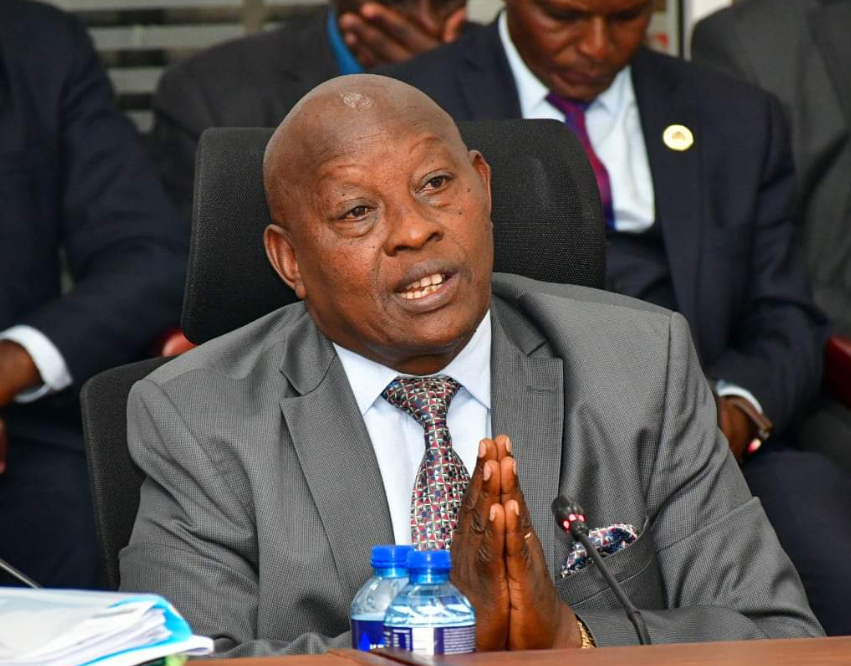Digital cab owners want change in pricing model

Digital taxi owners are suggesting online ride-hailing firms register as transport companies in Kenya in renewed push for a pricing model pegged on operation costs.
They said entities like Uber, Bolt and Little Cab are operating as digital platform Apps which gives them a softer entry regulatory regime.
The taxi owners also want tighter controls similar to matatu saccos which fall directly under the purview of the National Transport and Safety Authority (NTSA) in suggestions that could force digital App owners to draft new binding contracts with drivers.
Speaking to Business Hub, Digital Taxi Forum (DTF) chief executive Ryan Kanyandoug’ poked holes in the draft regulations currently in Parliament asserting their grievances have not been addressed.
For instance, he said, the draft amendment to the NTSA Act proposes an additional Sh3,500 annual fee as vehicle licence for digital hailing service and Sh1,000 for a driver’s badge.
Operating fee
Referring to a proposal already in Parliament, he said App owners will be expected to pay a one-time fee of Sh500,000 for application for digital hailing service operator licence and annual renewal operating fee of Sh300,000. But Kanyandoug’ argued that the fee is punitive to taxi owners and lenient to the app operators who remit little tax to the exchequer.
“We want better rates for our services…we are charged so many fees that make it difficult for us to operate…and for our security, we want the rider’s profile and destinations to be shared. So many of our drivers are being carjacked,” he said.
He estimates that digital cab owners pay Sh50,000 comprehensive insurance annually for a second-hand car valued at between Sh650,000 and Sh800,000 as well Sh1,050 for annual NTSA inspection.
Other annual fees include county permits (Sh7,500), car on-boarding on the App (Sh1,000) and Sh4,500 for the Music Copyright Society of Kenya making digital cab owners one of the most charged segment in Kenya’s transportation service.
Binding contracts
Licensing digital hailing App providers as transport firms will make the firms draw up binding contracts with the individuals who on-board their cars.
The digital taxi owners will be hard pressed to make their point even as Uber, the market leader, has long maintained it is simply a service provider, connecting people needing a ride with drivers − either amateurs or professionals, depending on the country – in about 630 cities. In September, the firm said drivers are not the Apps core business.
“Drivers’ work is outside the usual course of Uber’s business, which is serving as a technology platform for several different types of digital marketplaces,” Tony West, the company’s chief legal officer told Bloomberg.
This comes as attempts to regulate the digital cab industry are already in full gear in Parliament. Digital taxi owners want a regime where they are not at the mercy of app providers who control everything including hailing rates at the lucrative sector which remitted Sh230 million to the exchequer in the last fiscal year.
Legislators also want a framework that will provide an avenue for the Kenya Revenue Authority to draw revenue from the multi-billion-dollar global industry.











